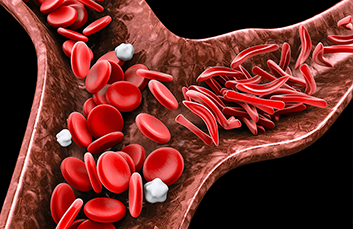Benefits of sickle testing in athletes
Topics Featured
Sickle cell trait (SCT) runs under the radar most of the time, yet it can be deadly serious. People who experience physically strenuous situations, such as athletes, can be at risk for dying suddenly from a sickling crisis. For this reason, the NCAA requires college athletes to be tested for SCT or sign a waiver. Knowing whether or not they have SCT can help athletes enjoy a safe and fulfilling sports career.
Sudden death in athletes: the risk of sickle cell
Though rare, the potential consequences of severe complications from SCT are dire, particularly among football players. When performing strenuous exercise, particularly in hot weather or at a high elevation, an athlete with SCT can collapse and even die within minutes. Since the year 2000, SCT has caused 11 known fatalities among college athletes.
NFL players Devard Darling and Jerraud Powers, for example, describe feeling fatigued and getting cramps when working out hard. Safety Ryan Clark once had an acute episode while playing in Denver that ended with the removal of his spleen and gall bladder. Such risks give other football stars with the trait, such as running back Tevin Coleman, plenty of reason to reconsider playing at high altitudes.
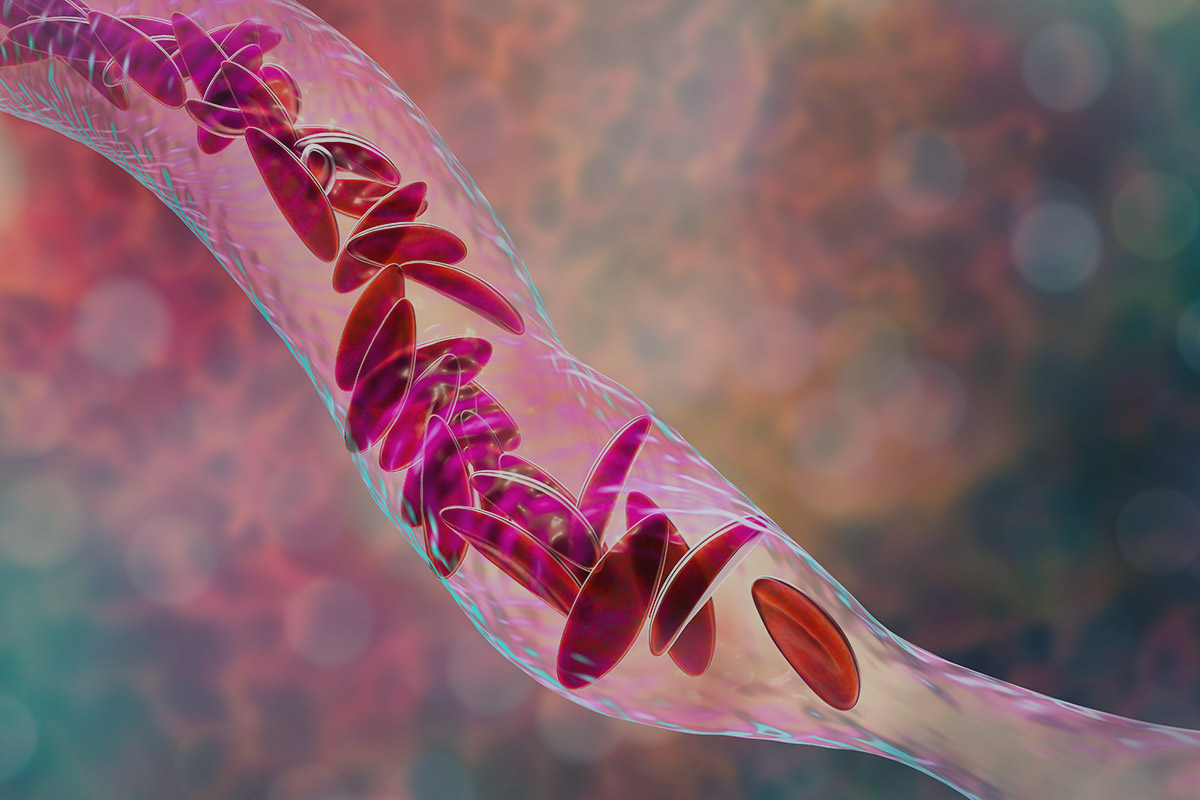
What is sickle cell trait?
Sickle cell trait is a genetic condition that causes hemoglobin, blood’s oxygen-carrying protein, to be misshapen. Under certain conditions, red blood cells deform from their normal round disk shape into a warped “sickle” shape. Often, the triggering condition for a sickling crisis is low oxygen, such as at high altitudes, but can also be dehydration, infection, acidosis, or others. Sickle-shaped cells have trouble passing through capillaries, which can reduce oxygen circulation and can damage organs like the spleen.
Who is affected in the United States?
- 7% of African Americans
- 0.5% of Hispanics
- 0.2% of non-Hispanic Whites
- 1.5% of all newborns inherit SCT
As many as 400 million people worldwide possess the sickle cell trait
Source: The Lancet
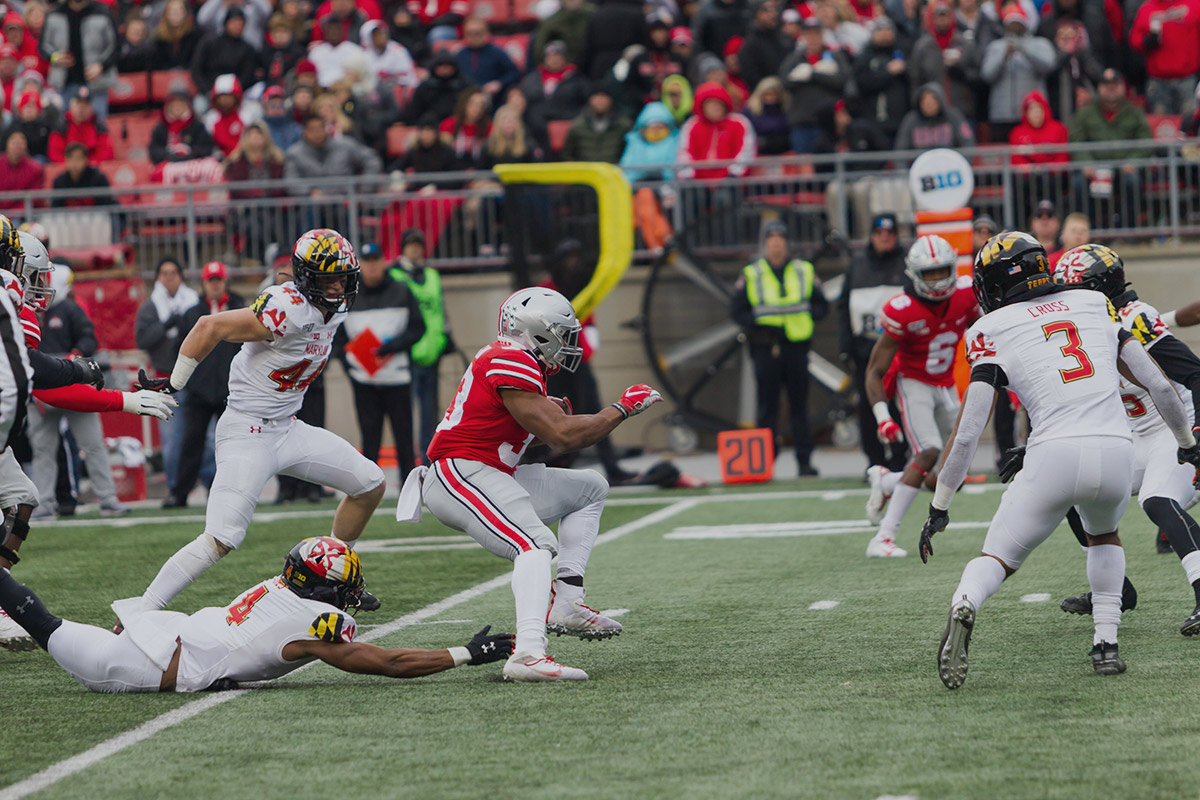
Can people with sickle cell play sports?
Yes! With the right precautions, people with SCT or sickle cell disease (SCD) can participate in athletics, even at a collegiate or professional level. The NCAA, and other leading organizations, provide education and guidelines for lowering the risk to athletes involved in high-level sports. For example, athletes with the trait should keep well hydrated, take regular breaks, and get plenty of rest. The NCAA recommends no more than two to three minutes of all-out exertion without a rest interval. Slow, gradual conditioning is also important. If any symptoms arise, athletes should stop their physical activity immediately and seek medical attention.
NCAA policy on sickle cell
Since 2010, all college athletes must be tested for SCT, provide proof of prior test results, or sign a waiver in order to participate in a competitive sport program. The NCAA instituted this policy following a wrongful death lawsuit involving a student athlete who died suddenly from a sickling crisis during training without knowing that he carried the trait. Though all infants are now screened for SCT at birth, this was not always the case, and results also should be confirmed with a more stringent test.
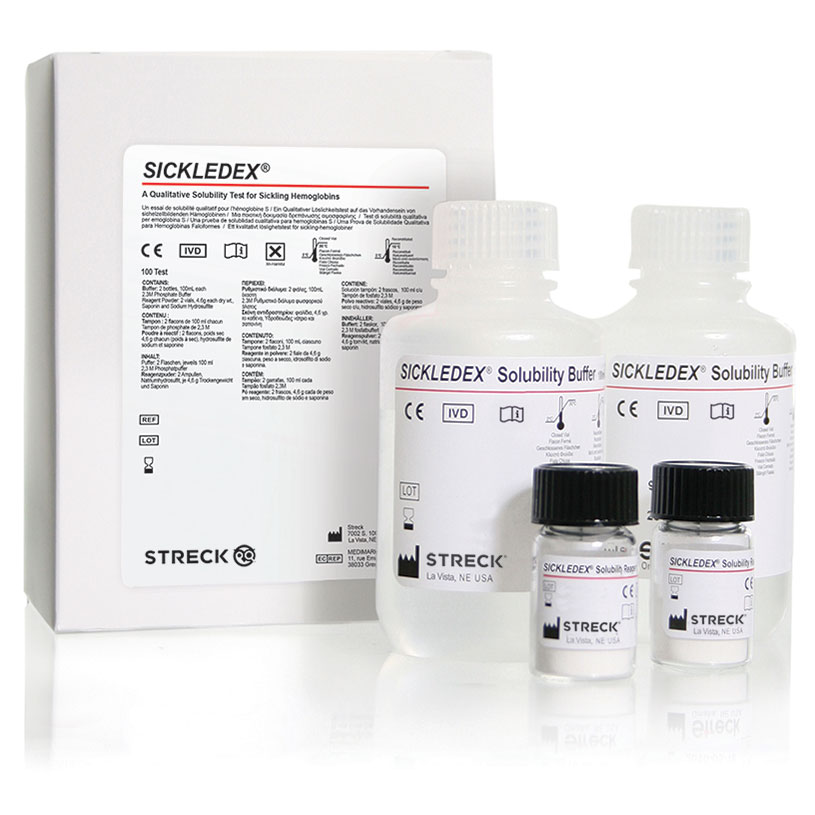
For initial tests, the NCAA recommends using a sickle cell solubility test, such as the SICKLEDEX® hemoglobin S solubility test kit. Streck’s SICKLEDEX kit returns test results in 6 minutes. Also available is the Sickle-Chex® control, a positive and negative control that works with the SICKLEDEX kit and which does not require reconstitution.
What someone does not know could actually kill them. However, with knowledge comes empowerment. Athletes who know their sickle cell status can take the right steps to avoid serious complications from SCT, and more safely compete in demanding collegiate sports programs.
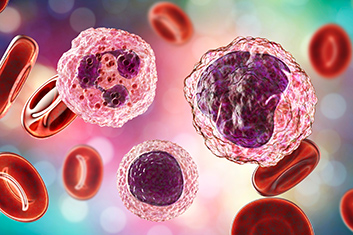
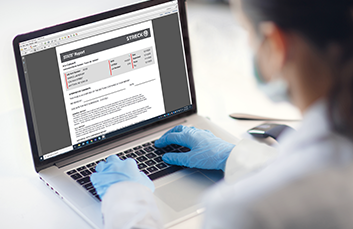
ILQC: How to earn the trust of your clients and their patients
